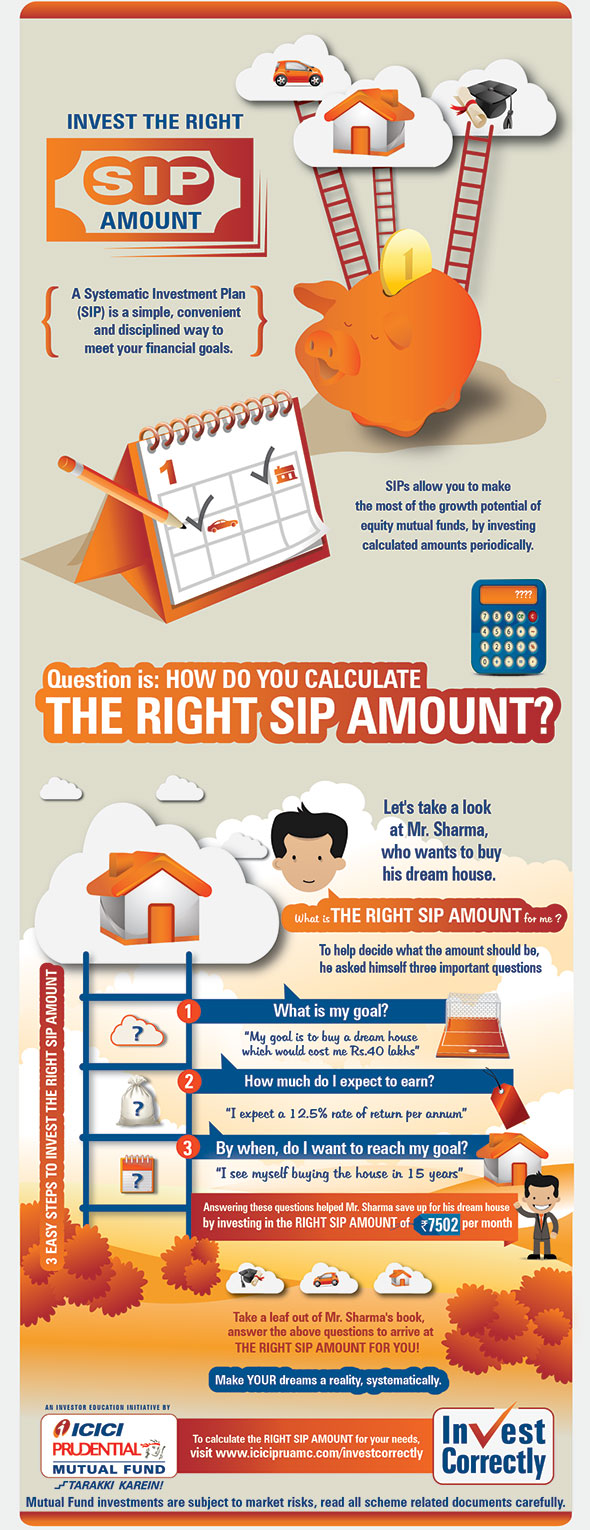The Effects Of Failing To Meet Efficiency Bond Commitments
The Effects Of Failing To Meet Efficiency Bond Commitments
Blog Article
Web Content Written By-
When a guaranty issues an efficiency bond, it guarantees that the principal (the event that acquires the bond) will certainly accomplish their responsibilities under the bond's terms. If the principal falls short to meet these obligations and defaults on the bond, the surety is responsible for covering any kind of losses or damages that result.
1. Loss of track record: Back-pedaling a performance bond can harm the principal's credibility and credibility, making it more difficult to protect future company or financing.
2. Legal and administrative prices: The guaranty may require to pay legal and management costs associated with pursuing the principal for problems or trying to remedy the scenario.
3. Economic losses: The guaranty may need to cover the cost of finishing the task or supplying the services that the principal failed to supply. This can lead to substantial economic losses for the guaranty.
4. Boosted costs: If the principal has a background of back-pedaling performance bonds, they may be called for to pay greater costs in the future to obtain the necessary bonding.
In general, back-pedaling an efficiency bond can have serious monetary repercussions for both the principal and the guaranty. It's important for principals to thoroughly consider their obligations and guarantee they are able to fulfill the terms of the bond to stay clear of these adverse results.
Back- just click the up coming article can be a pricey bad move for companies. When conduct surety bond fail to satisfy the bond's obligations, the economic repercussions can be significant. From paying the full bond total up to potential lawful battles and harmed relationships, the consequences can resound throughout your service procedures. Recognizing the complex internet of financial effects that defaulting on a performance bond can have is critical for safeguarding your company's monetary health and track record.
Financial Penalties for Defaulting
If you back-pedal an efficiency bond, you'll likely face considerable punitive damages. These charges can differ relying on the terms of the bond contract yet often entail paying the bond quantity in full to the obligee. This indicates that if you fall short to accomplish your contractual commitments, you need to pay the bond total up to the project proprietor or the entity that needed the bond.
In addition, you may likewise be in charge of any type of added expenses incurred by the obligee due to your default, such as locating a substitute specialist or covering job delays.
Back-pedaling a performance bond can likewise result in lawful costs and court prices if the obligee determines to take lawsuit against you to recover the bond amount. These expenses can rapidly add up, further intensifying the financial influence of your default. It's essential to very carefully review and comprehend the terms of the performance bond to avoid these extreme financial penalties.
Influence On Company Cash Flow
Back-pedaling an efficiency bond can dramatically impact your company cash flow, influencing economic security and functional capacities. When https://edgarzjsbk.weblogco.com/26577504/structure-wide-range-with-utility-bonds-specialist-methods-to-start on an efficiency bond, you risk shedding the bond quantity, which can be a considerable amount. This loss directly influences your cash flow, as you'll need to locate different sources of moneying to cover the bond amount. Additionally, skipping can lead to boosted scrutiny from sureties, making it more challenging and more expensive to secure bonds in the future. This can further strain your cash flow as you may need to allocate extra sources to fulfill bonding needs.
The impact on your cash flow does not quit there. Defaulting on an efficiency bond can also result in task delays or terminations, bring about a loss of earnings. Furthermore, the negative reputation that includes skipping can discourage potential customers, better reducing your capital. In general, defaulting on an efficiency bond can have harmful effects on your service's monetary wellness and ability to run smoothly.
Legal Implications and Legal Actions
Encountering lawful implications and potential claims as a result of back-pedaling an efficiency bond can substantially impact your company's credibility and financial standing. When you default on a performance bond, the guaranty firm may take legal action to recoup the bond quantity paid. find out this here can result in expensive lawful costs, court expenditures, and prospective settlements or judgments against your organization.
Additionally, defaulting on an efficiency bond may cause harmed partnerships with customers, subcontractors, and providers, influencing your capability to secure future contracts. Claims developing from bond defaults can tarnish your organization's reliability in the sector, making it challenging to attract new companions or customers.
In addition, if the default brings about a court judgment versus your organization, it could result in asset seizure or liens, better stressing your monetary stability. Consequently, it's critical to recognize the legal implications of defaulting on an efficiency bond and take proactive steps to alleviate the risks involved.
Conclusion
As you encounter the effects of back-pedaling an efficiency bond, remember this: it resembles walking a tightrope without a safeguard. One wrong step can send you dropping into a monetary freefall, without any method to stop the fall.
The financial penalties, cash flow influence, and lawful implications are all waiting to capture you if you blunder. So step carefully, and constantly honor your dedications to stay clear of the rough consequences of default.
